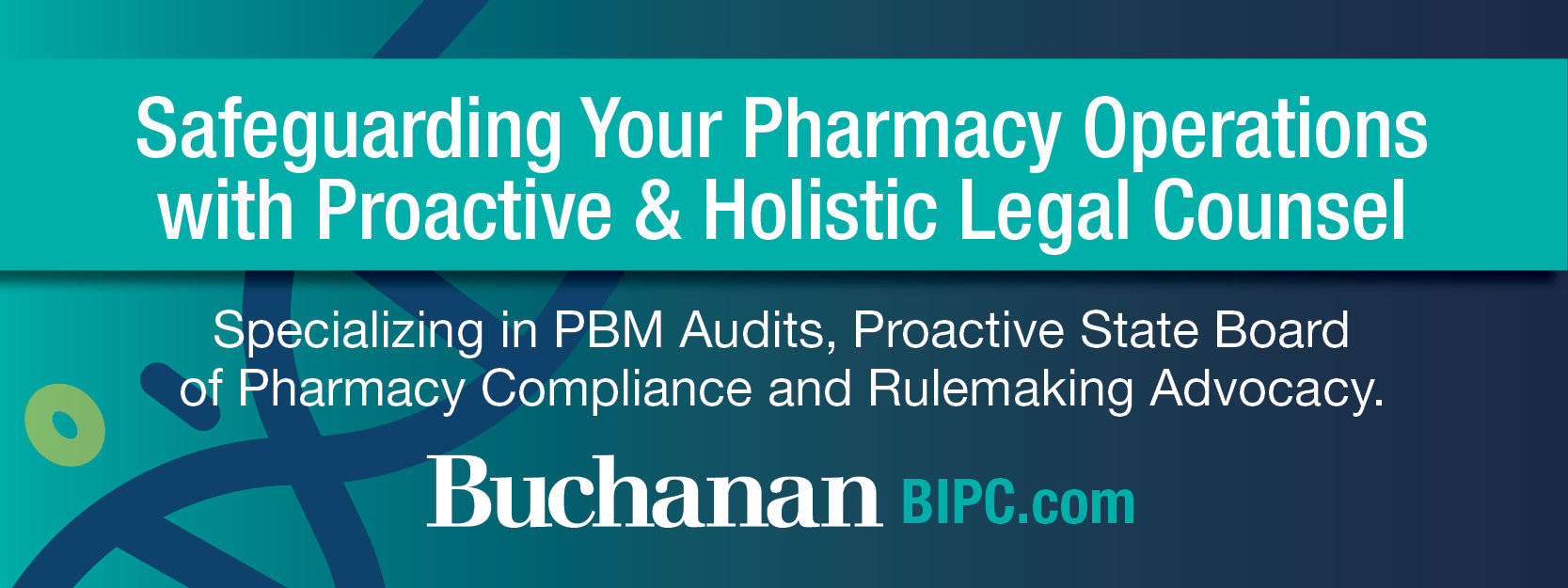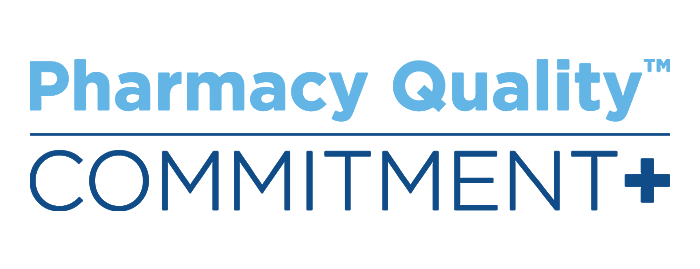Complete Story
Pharmacists and Congress React to FDA MedGuide Regulations
The Food and Drug Administration (FDA) recently implemented a final regulation requiring that community pharmacies supply patients with medication guides (MedGuides) containing written information about their prescription medications. FDA implemented this regulation despite a law enacted in 1996 which expressly prohibited the use of appropriated FDA funds for use on the MedGuide program. This law gave national pharmacy organizations, consumer groups, and other interested organizations the opportunity to collaborate and develop a private-sector plan to provide consumers with medication guides. The efforts by the private sector were then to be evaluated in the year 2001. If at this time, FDA finds that less than 75% of all patients receiving a new prescription were not receiving written information, only then could it enact MedGuide provisions.
To express disapproval for the June 1999 implementation of MedGuide provisions, Senator Mike Crapo (R-ID) introduced the "Pharmacists Patient Protection Act of 1999 " This legislation is similar to the 1996 law which was also championed by Crapo. Like the previous law, this legislation would prohibit FDA from using federal dollars to fund the MedGuide program. ASCP supported this legislation by signing on to Senator Crapo's "Dear Colleague" letter sent to Senators to seek their support of the legislation. When the FDA first proposed MedGuide provisions in 1995, national and state pharmacy organizations, including ASCP, provided comments in opposition to the implementation of mandatory MedGuides because of concern that written information would supplant oral counseling by pharmacists. In addition, most groups commented that the regulation would be unnecessary because most pharmacies were supplying patients with written information.




